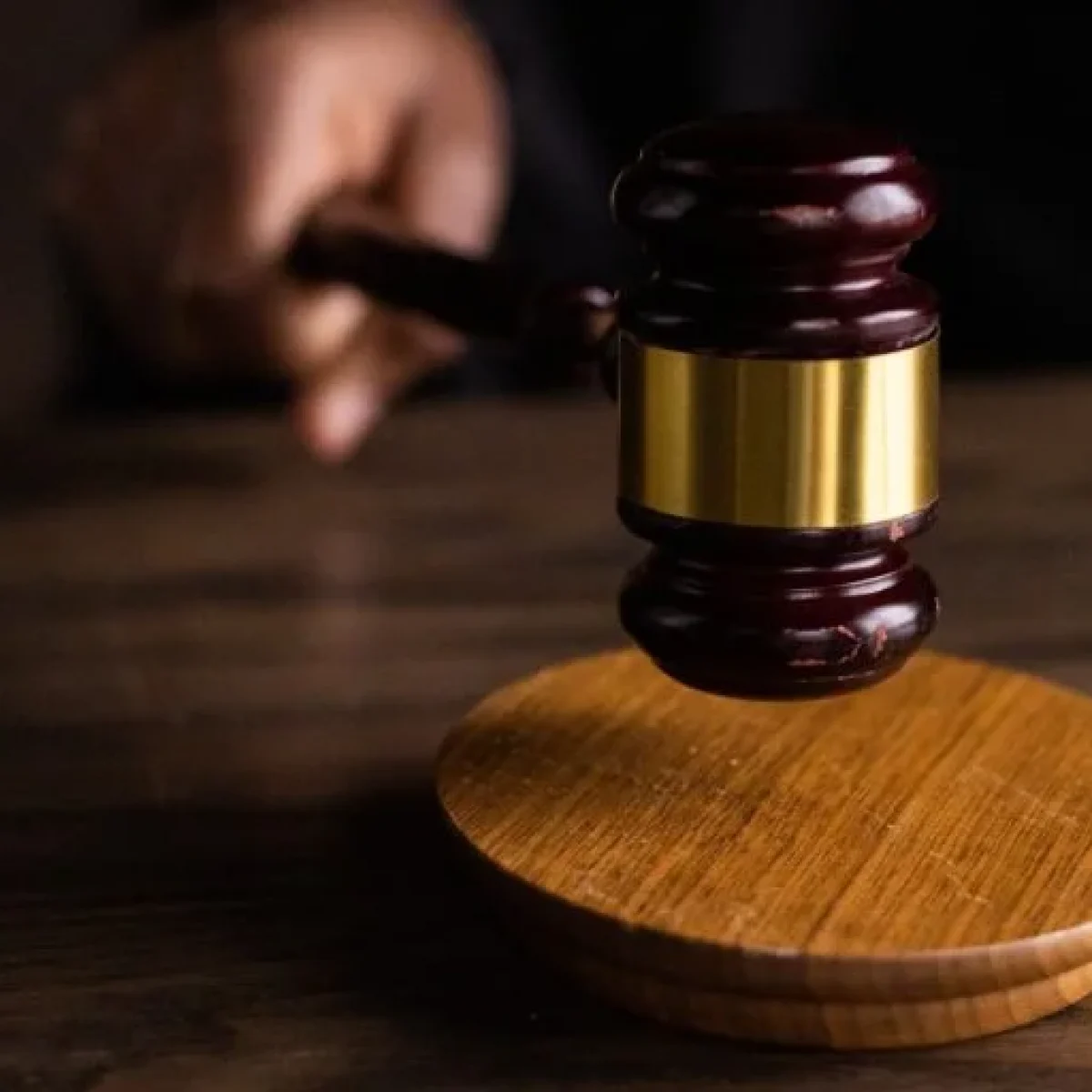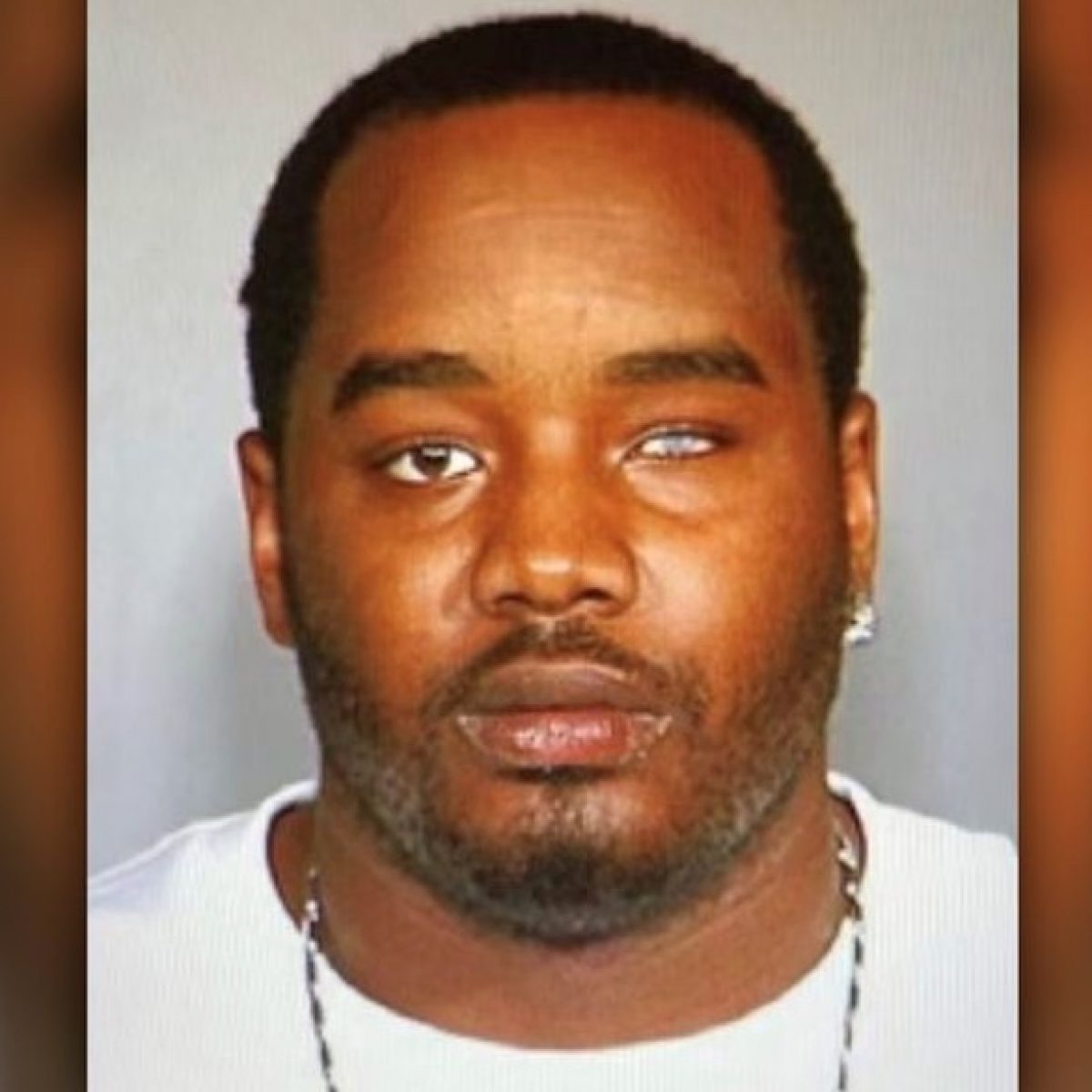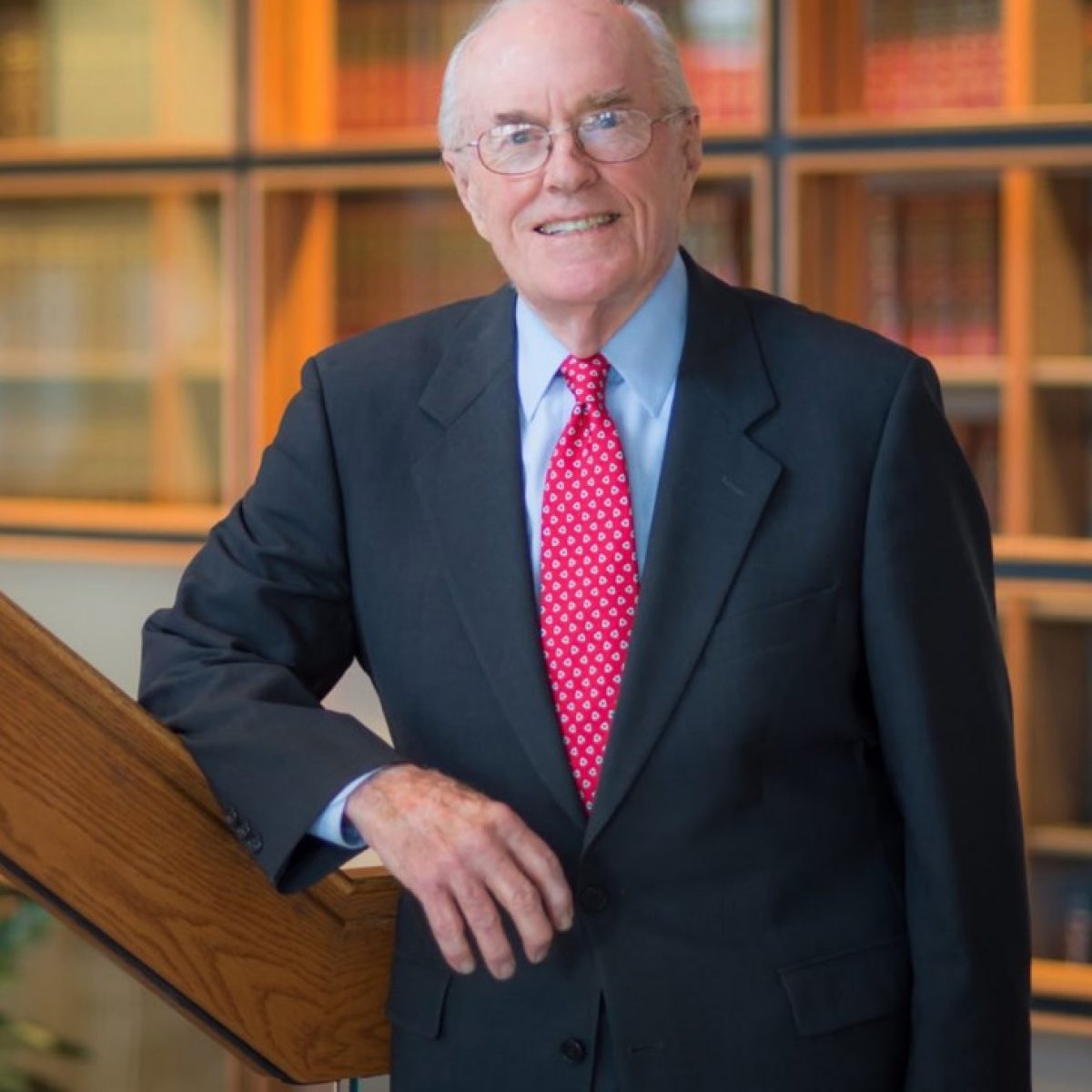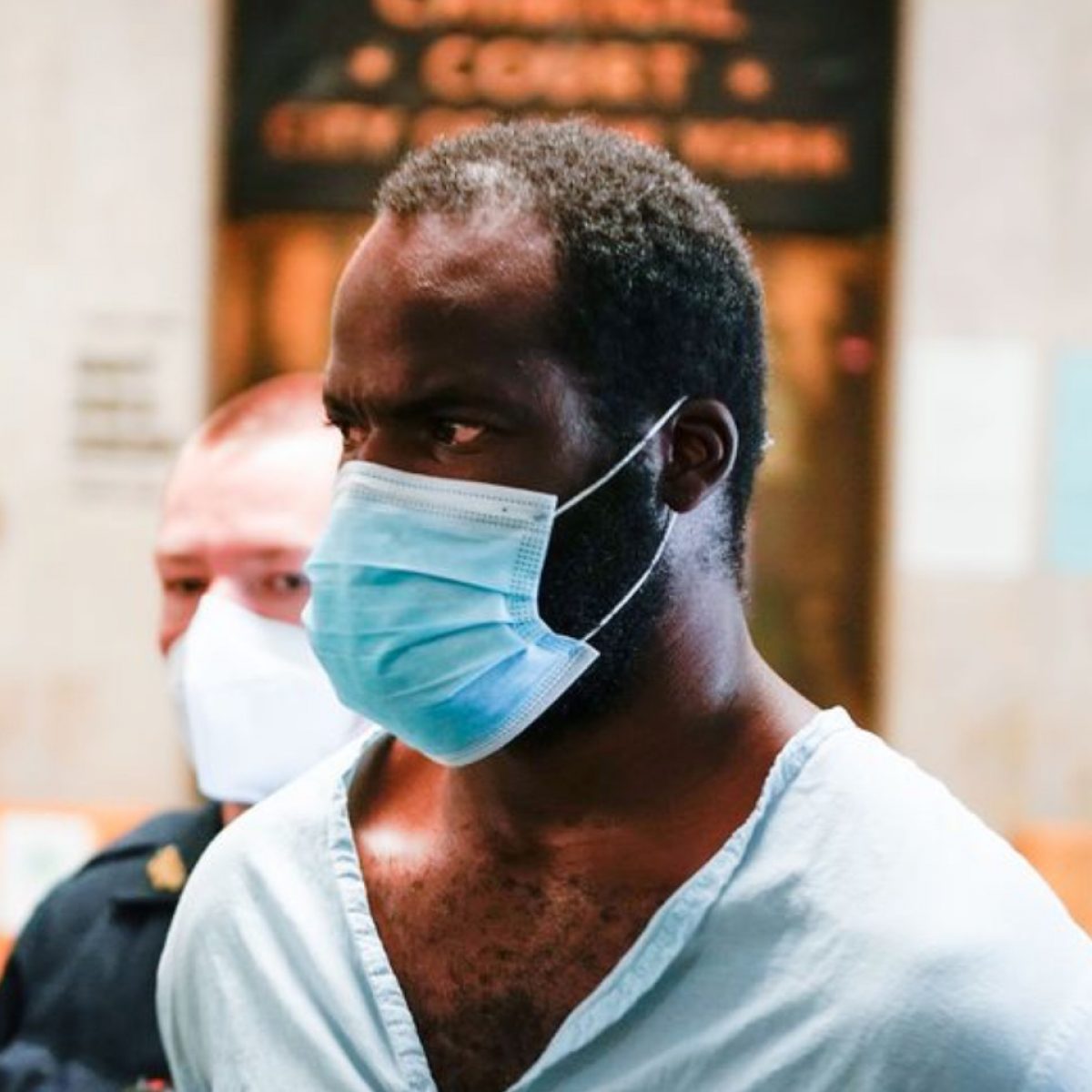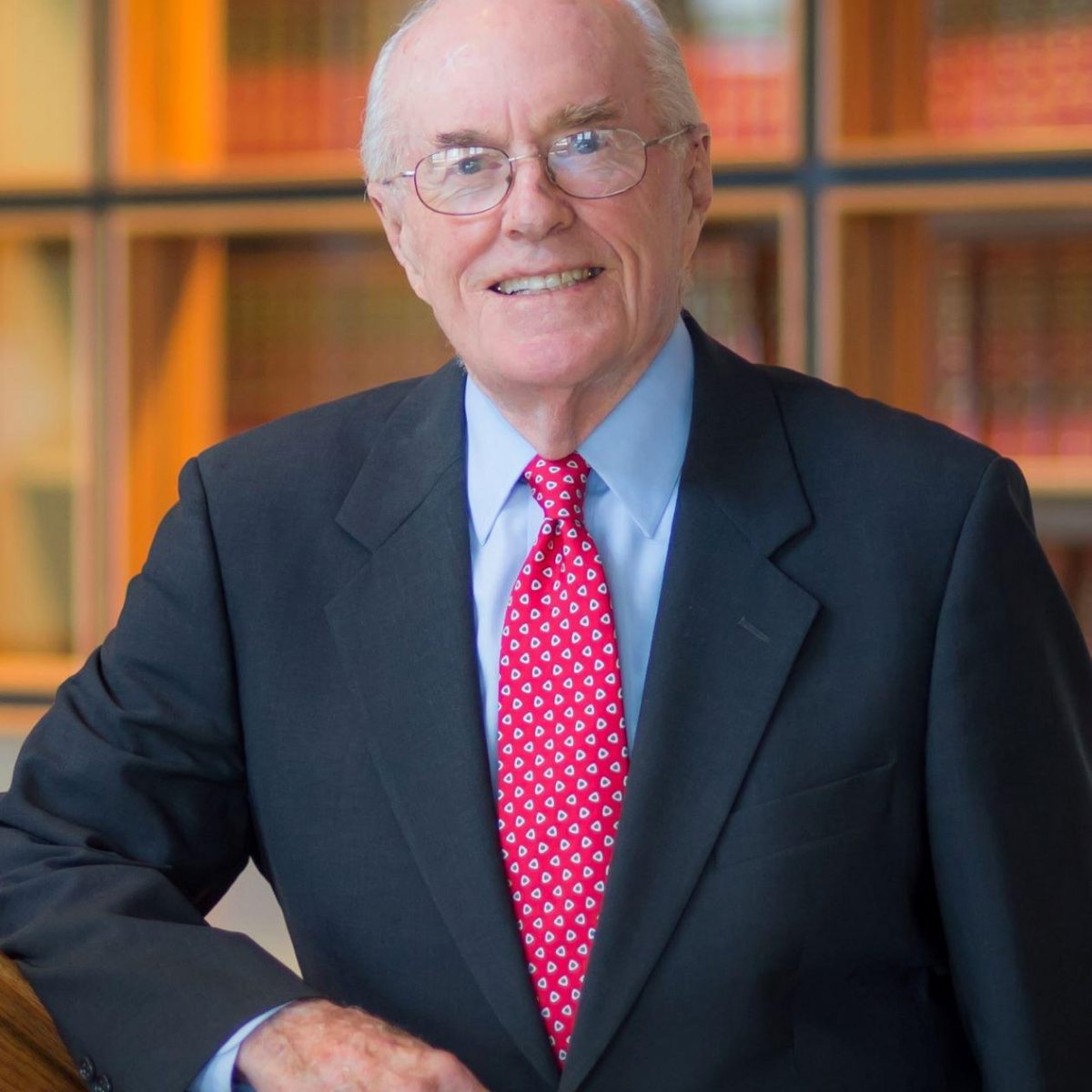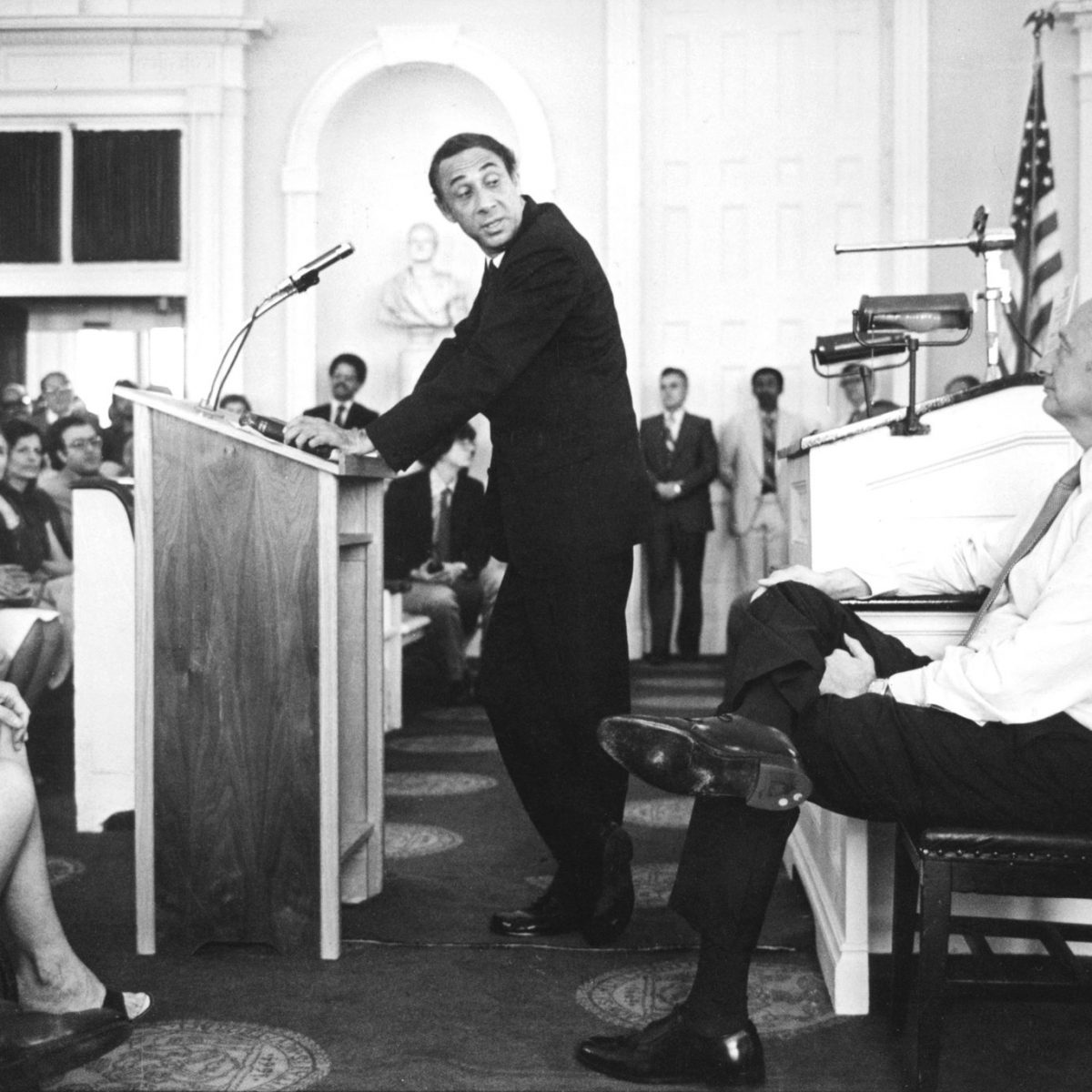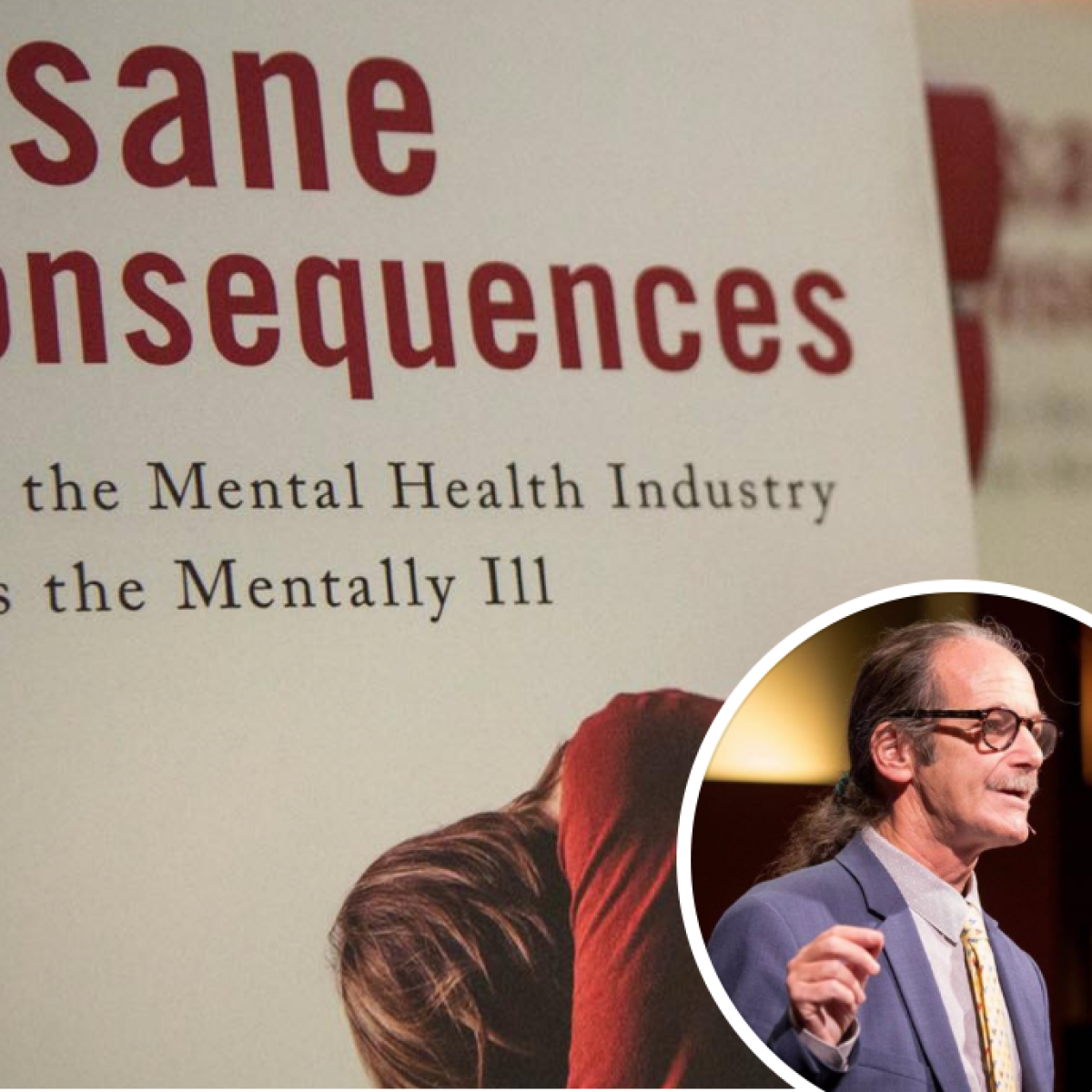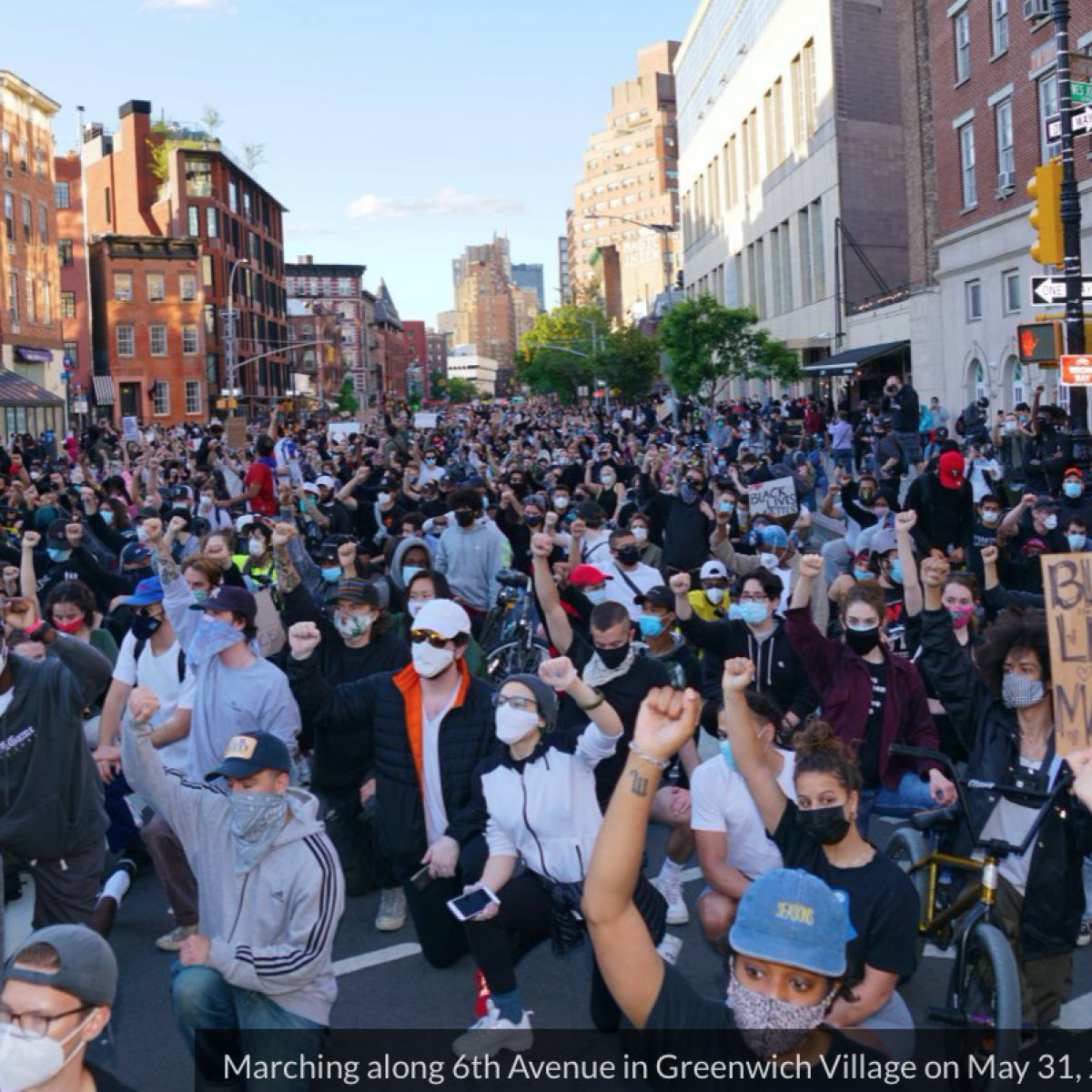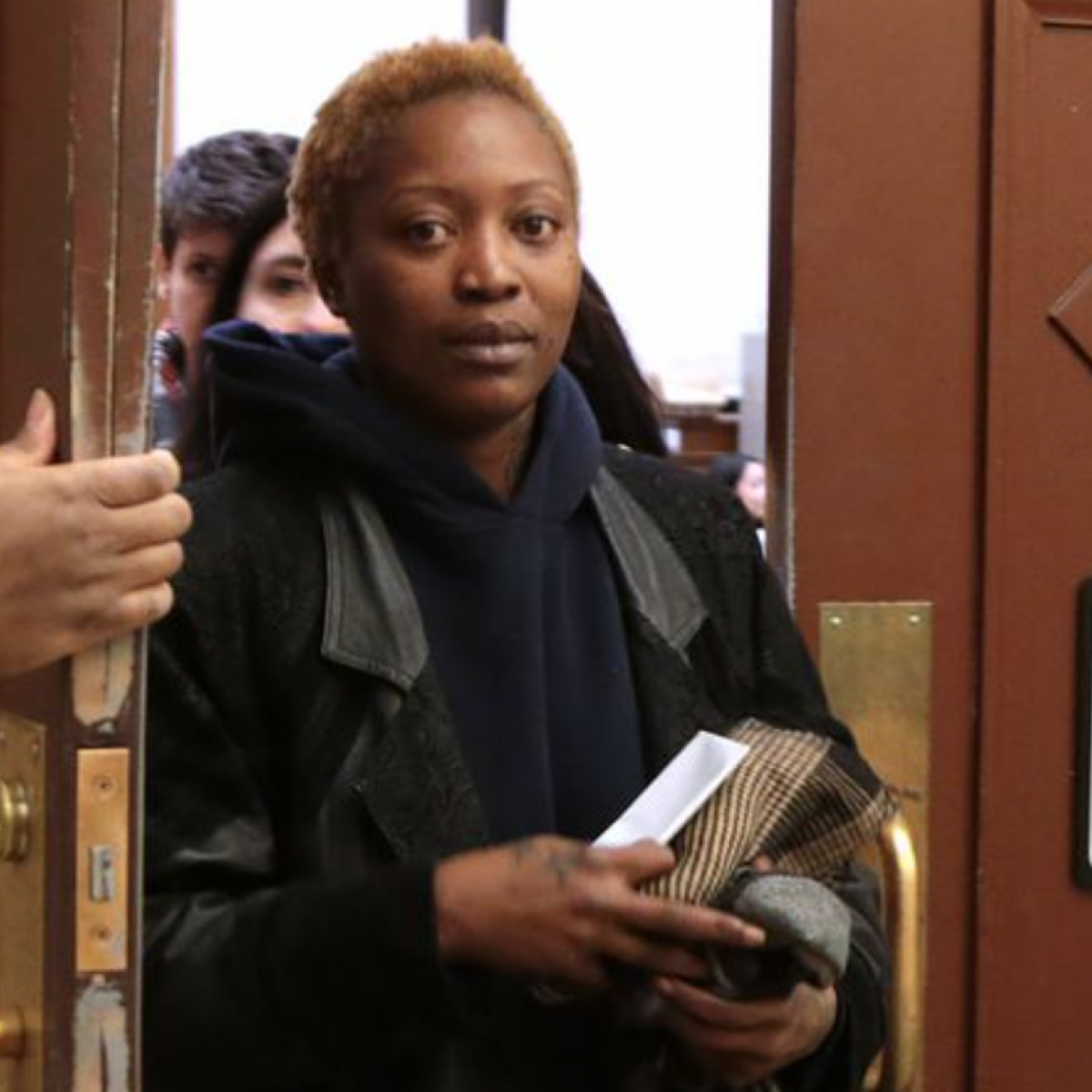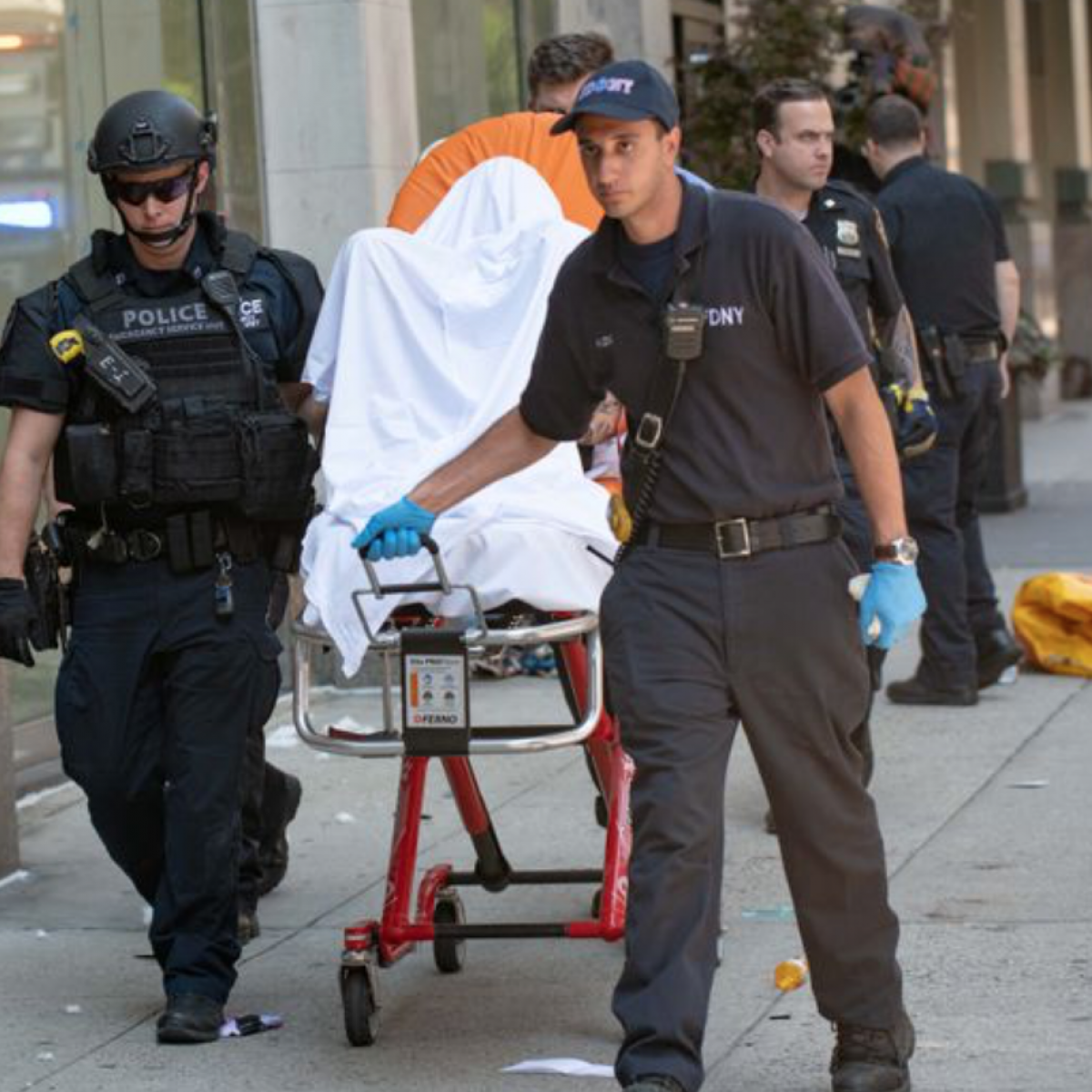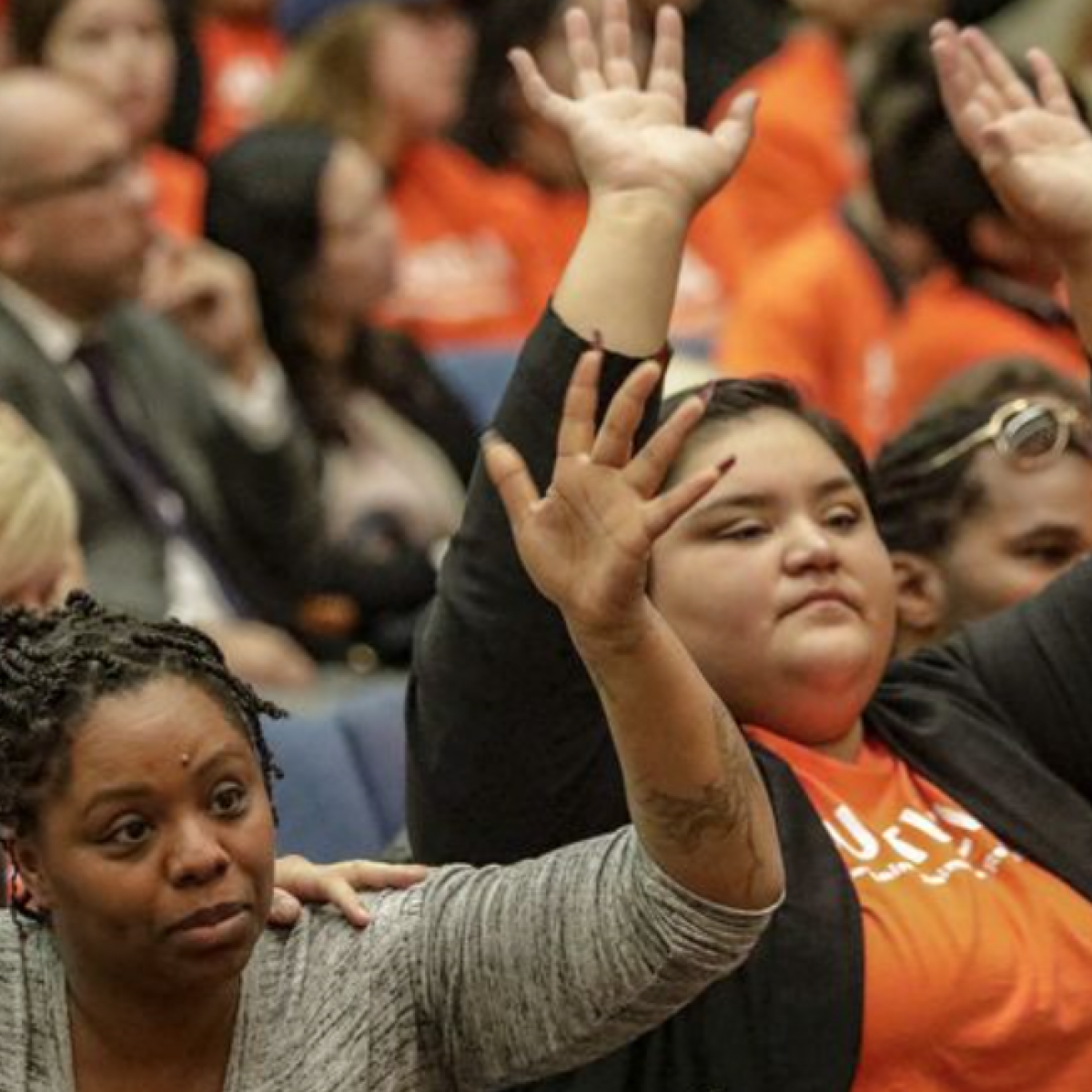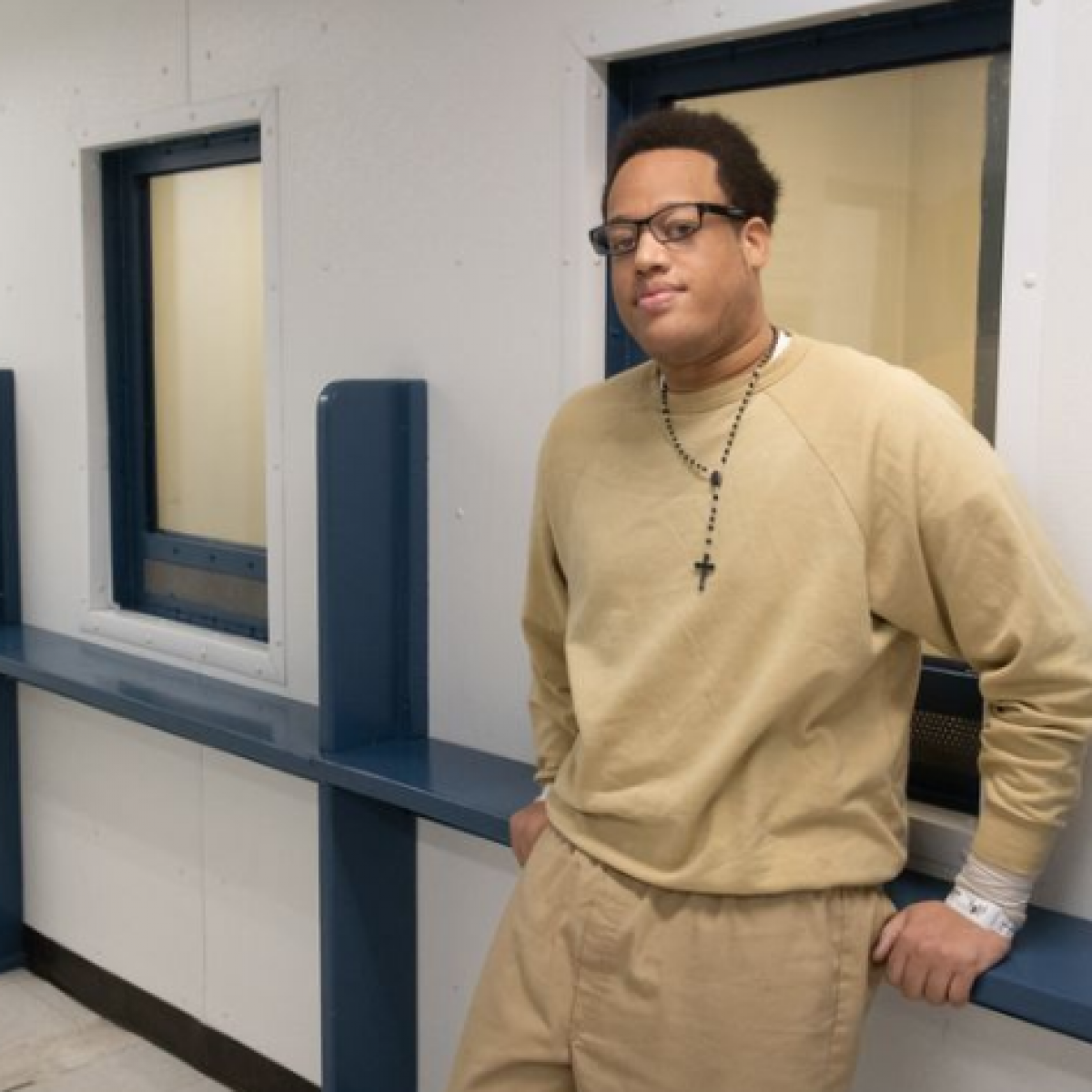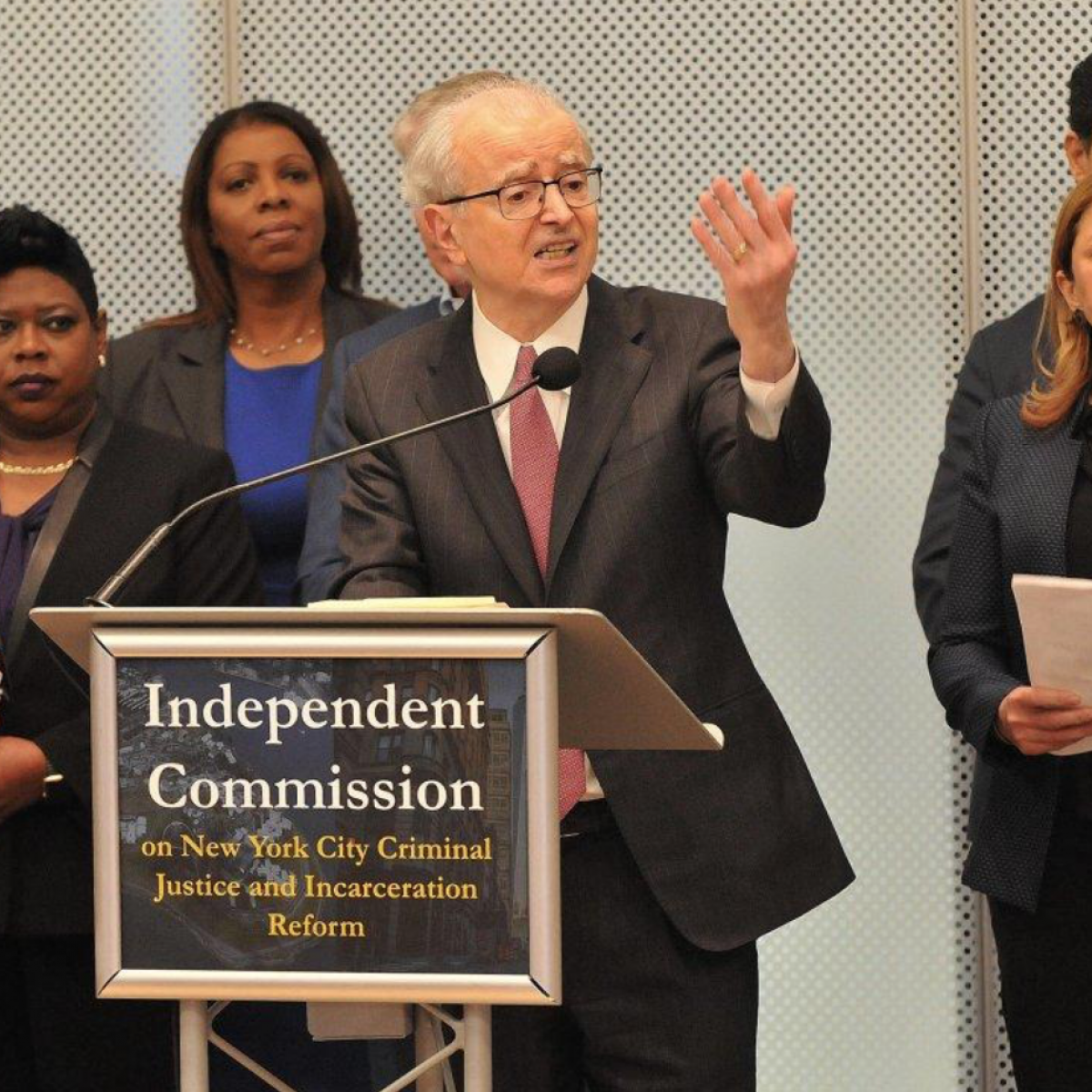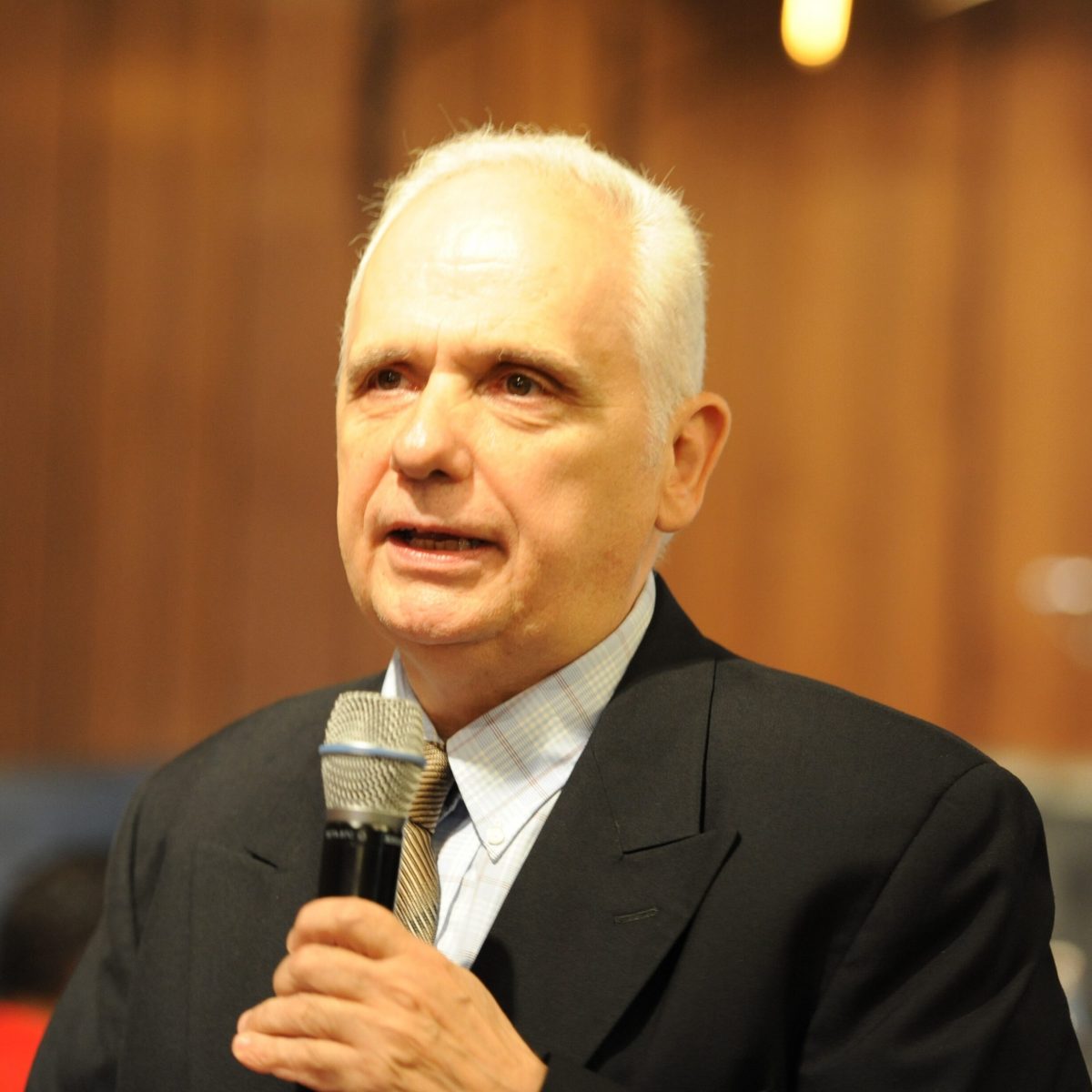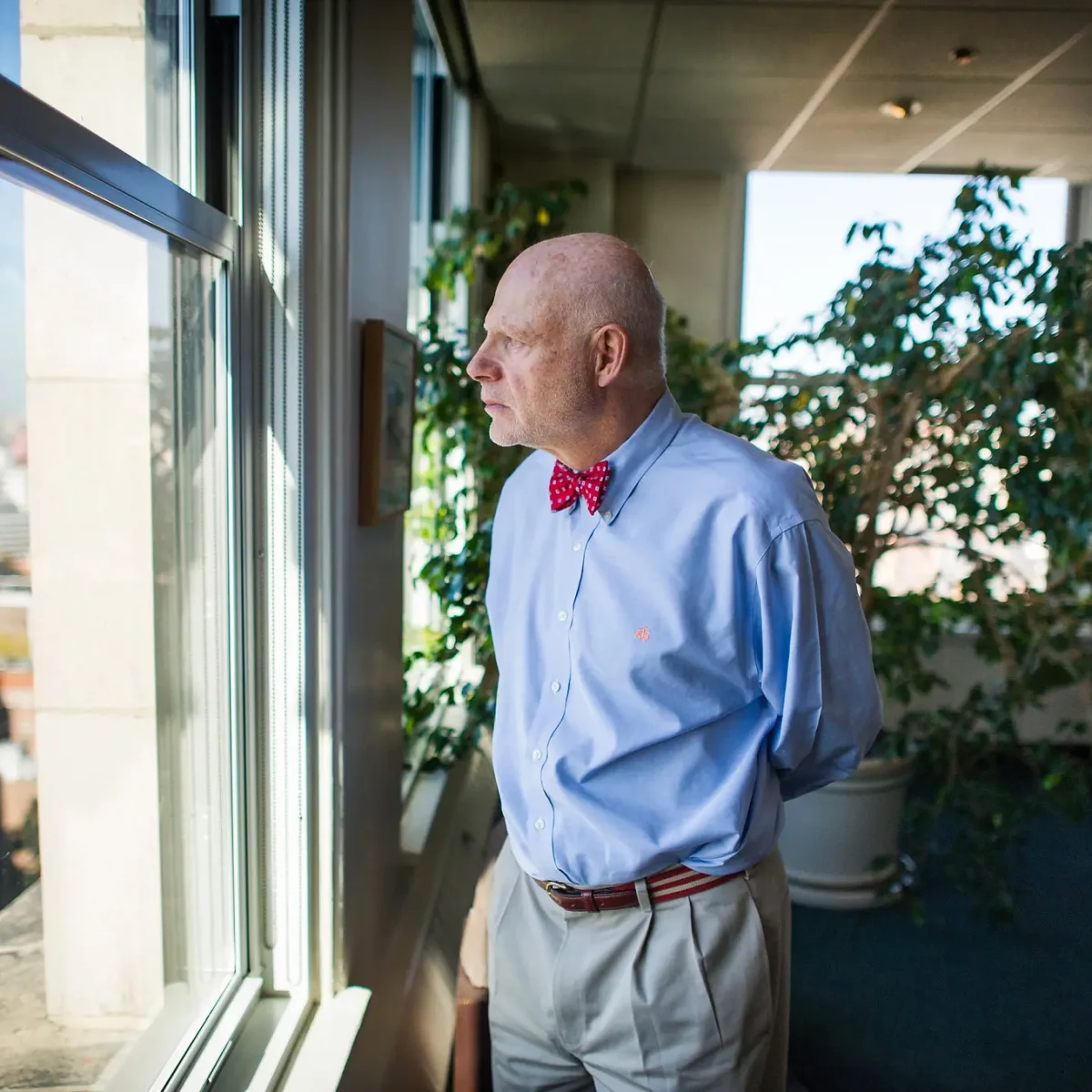This time, three people died. NYPD Detectives Jason Rivera and Wilbert Mora were murdered by Lashawn McNeil — who, according to his mother, lived with mental illness and believed he was “God.” McNeil also lost his life during what may have been a mental health crisis.
These deaths come only weeks after the killing of Michelle Go, whose death, like others, including those in mental health crisis, underscores this country’s inexcusable failure to treat mental disease as an illness and provide people living with it the full range of treatments and housing they need and deserve.
We should not turn this moment of grief into a narrow argument over Assisted Outpatient Treatment through Kendra’s Law, which allows a judge to order someone into community-based psychological treatment. Some people believe that law criminalizes mental illness, provides disincentives for people seeking community-based supports and unfairly targets Black people. We strongly believe that is wrong — AOT is a very valuable tool — but it is far from the only tool.
Letting another death devolve into a fight between those who support and those who oppose compulsory treatments oversimplifies the issues. This can’t become an all-or-nothing choice between involuntary commitment and more robust community treatment because the truth is, we need it all.
For more than 30 years, one of us has treated thousands of people living with serious mental illness as former senior medical director of Fountain House in New York and current medical director at Horizon House in Philadelphia. The other author is director of the Greenburger Center, a nonprofit trying to open an innovative residential treatment alternative to incarceration for people living with serious mental illness. We both believe that we need more, not fewer treatment options.
The fact is, even with the benefit of transformative community and residential treatment provided via the Fountain House Clubhouse model and high-quality therapeutic staff, sometimes court-ordered treatment under Kendra’s Law is necessary and involuntary commitment is warranted as a last resort to keep a patient or others from getting hurt. Without these interventions, sometimes the worst happens. Just ask the dozens of parents who have called the Greenburger Center over the last seven years asking whether Hope House, our proposed residential treatment facility, is open yet. They will tell you that compulsory community treatment under AOT or involuntary commitment would have been more humane than prison.
Contrary to criticisms leveled against it, AOT saves lives, particularly Black lives. A 2009 independent program analysis of AOT found that rather than targeting Black people, there was “no difference in Black and white rates of AOT among those who have been involuntarily hospitalized at least twice.” At least two psychiatric hospitalization or incarceration occurrences in the preceding 36 months are required before a judge can order AOT treatment.
Overall, the 2009 study found, “no evidence that the AOT Program is disproportionately selecting African-Americans for court orders, nor is there evidence of a disproportionate effect on other minority populations.” Rather, it concluded “the overrepresentation of African-Americans in the AOT Program is a function of African-Americans’ higher likelihood of being poor, higher likelihood of being uninsured, higher likelihood of being treated by the public mental health system (rather than by private mental health professionals), and higher likelihood of having a history of psychiatric hospitalization.”
The study also concluded that AOT and non-AOT recipients reported similar attitudes about treatment and treatment experiences. Where AOT continued for more than 6 months, it not only reduced rates of hospitalization and improved medication compliance, these outcomes were sustained whether or not intensive case management services continued after AOT ended.
Rather than argue that all compulsory treatments should be “adamantly rejected” in favor of outreach and engagement strategies, we respectfully suggest that we should all adamantly work for racial justice and reject the refusal to treat mental disease on par with physical disease. We should adamantly reject the failure to fund basic mental health research like we fund cancer research, and the unconscionable policies and practices that turn people out of emergency rooms and crises centers while still mentally unstable.
If we are to begin righting the wrongs and curing the current imbalance at least for the majority of people currently served by AOT, we must also obliterate unethical federal Medicaid rules such as the Institution of Mental Disease rule and its progeny, the Inmate Exclusion Rule. These rules must be abolished if poor Americans, especially poor Black Americans, are to have equal access to mental health care.
When President Biden visits New York on Thursday, Mayor Adams can take a critical step toward ensuring comprehensive, federal mental health care equity by demanding that the President seek repeal of these indefensible Medicaid rules. We hope New York’s senators and representatives will help too because we need all the help we can get.
Roberts is executive director of the Greenburger Center for Justice. Aquila is medical director of Horizon House, Philadelphia and former senior medical director of Fountain House.


